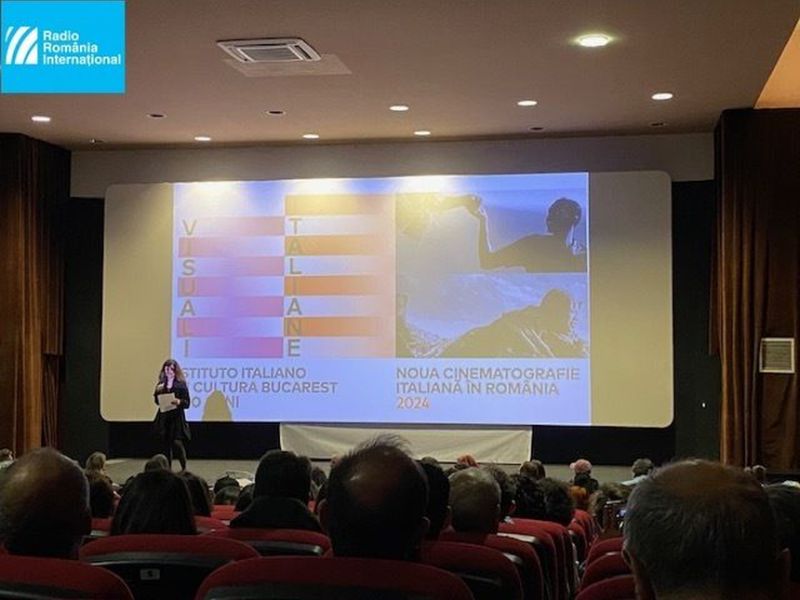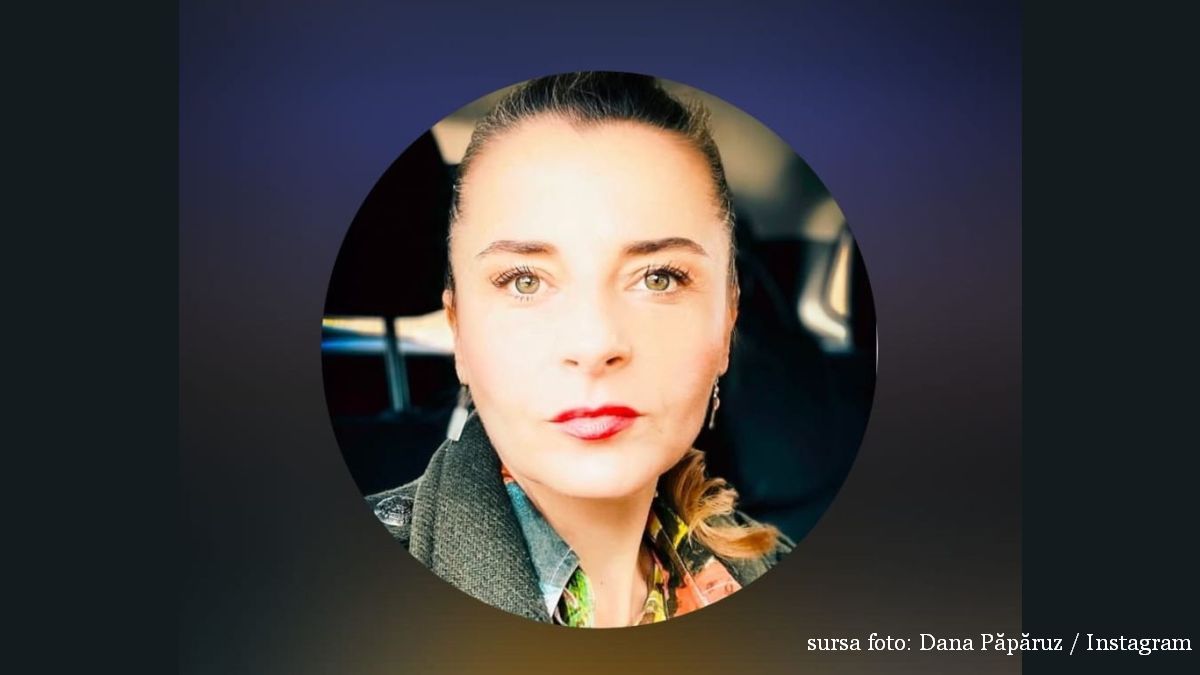‘colectiv’ by Alexander Nanau
'colectiv', by Alexander Nanau, has now reached the Romanian cinema halls

Corina Sabău, 14.03.2020, 11:45
The documentary ‘colectiv’,
made by Alexander Nanau and screened for the first time at the Venice Film
Festival in September last year, has now reached the Romanian cinema halls. The
documentary speaks of corruption in the Romanian health-care system and can be
seen in more than 30 theaters in 20 towns and cities across the country. ‘colectiv’
was screened at the Toronto International Film Festival and got the best
documentary award in the international competition of the 15th Film
Festival in Zurich.
After the premiers in Venice and Toronto, where it got good
reviews and stirred controversial reactions, ‘colectiv’ was the only
documentary screened in the Spotlight section of the Sundance Film Festival, held
between January 23rd and February 2nd 2020, a tribute
section devoted to exceptional films that had their debuts the previous year.
The observational documentary, produced and directed by Alexander Nanau in co-production with HBO Europe and Samsa Film, follows the events occurring over
the first year since the tragedy at the Colectiv club in Bucharest, where a
fire killed 66 people on October 30th, 2015. It focuses on the
relations between authorities and journalists, in a bid to find the truth.
‘colectiv’ is about people versus the system, the fine line between truth and
lie, about courage and responsibility.
Here is director Alexander Nanau
himself: I
have decided that a story must be told about what happened, that the process
happening in Romanian society must be understood. We set up a fact-finding
team, we researched the story from all directions and, together with Antoaneta
Opris, who is a co-author of the film, I understood that we had to focus on the
media, because the media has the power to decipher the relation between the
power and the citizen. And we chose to tell the story through the eyes of the
media, because back them, the team made up of the Sports Journal team, namely
Catalin Tolontan, Mirela Neag and Razvan Lutac, was the only one that had
started to ask questions. The rest of the media and the politicians would only
lie and misinform the population. They were saying that the victims could have
surgery in Romania, because the conditions were good, but the Sports Journal
team discovered that the burns unit of the Floreasca Emergency Hospital, where
the victims were supposed to be operated, was actually closed. So we realized
that more could come out of that situation. Because the team headed by Catalin
Tolontan was known for their investigations, we thought of going to them and
ask whether they had something extra, something new to work on in order to
expose the lies of the state and if they could let us follow the process. In
the beginning they were rather reluctant, but seeing that our team went so deep
into the subject, they started trusting us and we started collaborating. And,
while we were shooting the documentary, we realized that we were documenting a
real-life thriller.
The corrosive corruption revealed has
ramifications far greater than just in Romania, for it’s indicative of a
worldwide phenomenon in which people feel so disconnected from others that
empathy has been replaced by avarice, and strangers are viewed as abstractions.
This is truly a documentary for our times, deserving of widespread exposure
wrote Variety about ‘colectiv’.
Director Alexander Nanau once again: To me, choosing a subject is related
to what I wish to learn from life, from other people, and that leads me towards
a certain theme. I always strive to improve my knowledge about something, and a
documentary film, especially the observational type, provides one with this
opportunity of subsequently translating the experience and the emotions into a
story. This process is an extremely powerful life lesson, maybe like choosing a
life partner. Because the subject you choose becomes a partner and you grow
together.
Alexander Nanau, who is a German – Romanian director
and producer, studied directing at the famous German Film and TV Academy in
Berlin and is the holder of two scholarships at the Sundance Institute and the
Arts Academy in Berlin. In 2007 he set up in Romania the Alexander Nanau
Production house. His documentary ‘The world seen by Ion B. won in 2010 the
Emmy International trophy in the Arts Programming Category, and ‘Toto and his
sisters’ was nominated for the European Film Awards in 2015. Nanau was also the
photography director of the French-German documentary ‘Nothingwood’, filmed in Afghanistan,
which premiered at Cannes in 2017, in the Quinzaine des Realisateurs section.





























